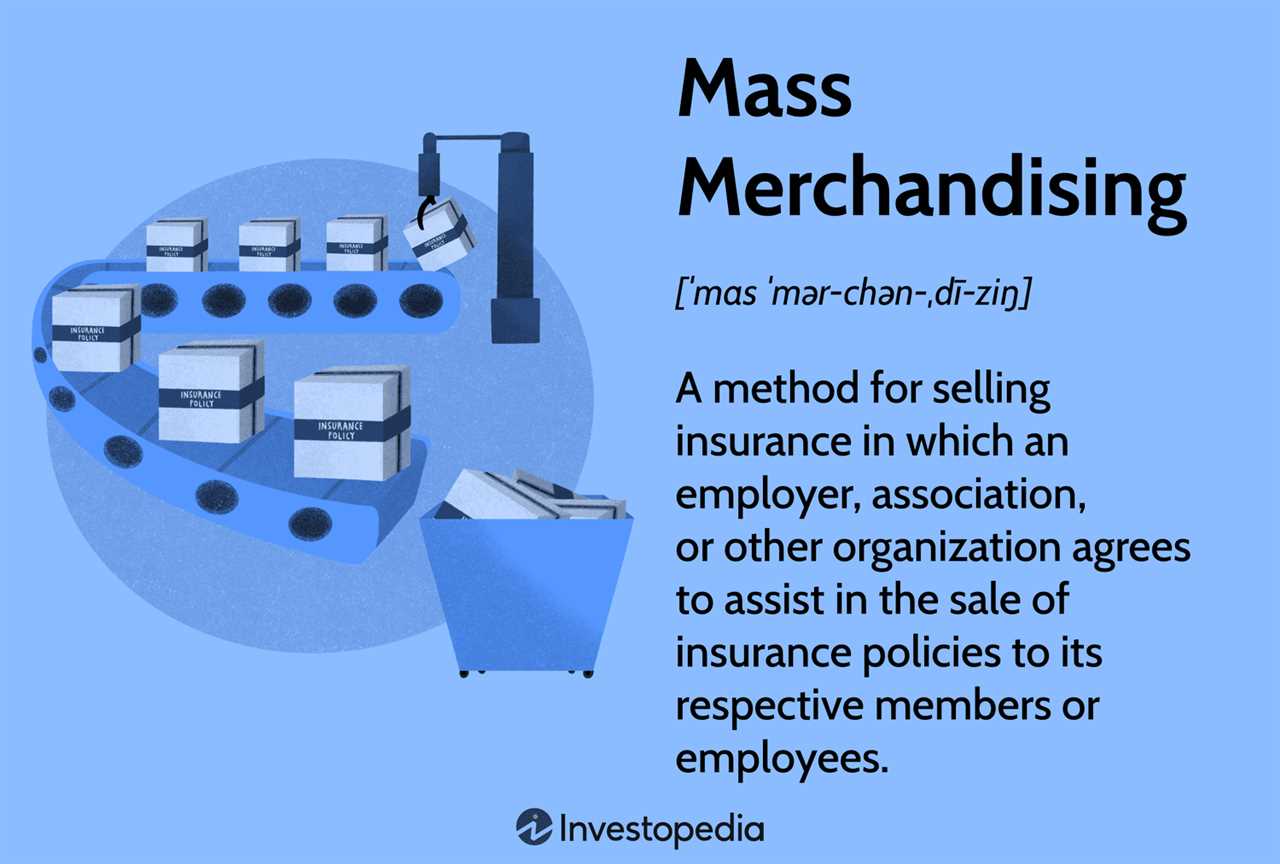What is an Unauthorized Insurer?

However, engaging with an unauthorized insurer carries significant risks for policyholders. Since these insurers are not regulated or supervised by the authorities, there is no guarantee that they will fulfill their obligations or honor claims. In the event of a claim, policyholders may face difficulties in receiving compensation or may not receive any payment at all.
Furthermore, unauthorized insurers may not comply with the financial solvency requirements imposed by regulatory authorities. This means that they may not have sufficient funds to pay claims or meet their financial obligations, putting policyholders at risk of financial loss.
Why do Unauthorized Insurers Exist?
There are several reasons why unauthorized insurers exist:
- Regulatory Challenges: Some insurers may choose to operate without licenses due to the complex and stringent regulatory requirements imposed by the authorities. Obtaining licenses can be a time-consuming and costly process, making it more attractive for insurers to operate without them.
- Profit Motive: Unauthorized insurers may aim to maximize their profits by avoiding regulatory oversight and compliance costs. Without the need to meet regulatory standards, they can offer lower premiums and potentially attract more customers.
- Specialized Markets: Unauthorized insurers often target niche or high-risk markets where traditional insurers may be reluctant to provide coverage. These markets may have unique risks or require specialized knowledge, making it more challenging for authorized insurers to enter.
It is important for consumers to be aware of the risks associated with unauthorized insurers and to always verify the licensing and regulatory status of an insurer before purchasing a policy. Engaging with an unauthorized insurer can expose individuals and businesses to significant financial losses and legal complications.
Mechanics of Unauthorized Insurance

Unauthorized insurance refers to insurance activities that are conducted by individuals or entities without proper authorization or licensing from the relevant regulatory authorities. These unauthorized insurers often operate outside the legal framework, which can lead to significant risks for policyholders and the overall insurance industry.
The mechanics of unauthorized insurance typically involve several key elements:
- Offering insurance policies: Unauthorized insurers offer various types of insurance policies to potential policyholders. These policies may appear legitimate and competitive in terms of coverage and premiums.
- Lack of regulatory oversight: Since unauthorized insurers operate without proper authorization, they are not subject to the same level of regulatory oversight as licensed insurers. This lack of oversight can lead to a lack of consumer protection measures and financial safeguards.
- False representation: Unauthorized insurers may use deceptive tactics to convince potential policyholders that they are legitimate and trustworthy. They may create fake websites, use false credentials, or misrepresent their financial stability.
- Collection of premiums: Unauthorized insurers collect premiums from policyholders, often through online payment platforms or other means. Policyholders may believe that they are purchasing valid insurance coverage, but in reality, their premiums may be going to an unauthorized entity.
- Failure to pay claims: When policyholders file claims for covered losses, unauthorized insurers may refuse to honor the claims or delay the payment process. This can leave policyholders without the financial protection they believed they had purchased.
- Legal consequences: Engaging in unauthorized insurance activities is illegal in most jurisdictions. If caught, unauthorized insurers may face legal action, fines, and other penalties.
It is important for consumers to be aware of the risks associated with unauthorized insurance and to verify the licensing and authorization status of any insurer they consider purchasing coverage from. Regulatory authorities play a crucial role in monitoring and enforcing compliance within the insurance industry to protect consumers and maintain the integrity of the market.
Real-Life Example of Unauthorized Insurer

One of the most notorious cases of an unauthorized insurer is the Bernie Madoff Ponzi scheme. Bernie Madoff was a former chairman of the NASDAQ stock exchange and the founder of Bernard L. Madoff Investment Securities LLC. He was able to deceive investors and regulators for years by running a massive Ponzi scheme.
In a Ponzi scheme, the fraudster uses money from new investors to pay returns to existing investors, creating the illusion of a profitable investment. Madoff promised consistent and high returns to his clients, attracting billions of dollars in investments.
However, Madoff was not registered with the Securities and Exchange Commission (SEC) as an investment advisor, nor was his firm authorized to engage in investment activities. This made him an unauthorized insurer, as he was operating outside the bounds of the law.
Madoff’s scheme eventually collapsed in December 2008 when he confessed to his sons that it was all a fraud. Investors lost an estimated $65 billion in principal and fake profits. The fallout from the Madoff scandal was widespread, with many individuals and organizations suffering significant financial losses.
The Madoff case serves as a stark reminder of the dangers of investing with unauthorized insurers. It highlights the importance of conducting thorough due diligence and ensuring that any investment opportunity is legitimate and regulated by the appropriate authorities.
| Key Takeaways |
|---|
| Unauthorized insurers operate outside the bounds of the law and are not authorized or regulated by the appropriate authorities. |
| One of the most famous examples of an unauthorized insurer is the Bernie Madoff Ponzi scheme, which defrauded investors of billions of dollars. |
| Investors should always conduct thorough due diligence and ensure that any investment opportunity is legitimate and regulated. |
Financial Fraud and Unauthorized Insurers
Financial fraud is a serious issue that affects individuals, businesses, and the economy as a whole. It involves deceptive practices aimed at obtaining money or assets through illegal means. One form of financial fraud is the operation of unauthorized insurers.
An unauthorized insurer is an entity that offers insurance products and services without the necessary licenses or approvals from regulatory authorities. These insurers operate outside the legal framework and often target unsuspecting individuals or businesses with attractive offers and low premiums.
The mechanics of unauthorized insurance involve the creation of a fake insurance company or the misrepresentation of an existing company. These fraudsters may use sophisticated tactics to convince potential customers of their legitimacy, such as creating fake websites, forging documents, or impersonating reputable insurance companies.
A real-life example of an unauthorized insurer is the case of XYZ Insurance Company. XYZ Insurance Company operated without the required licenses and offered insurance policies to individuals and businesses at significantly lower premiums than established insurance providers. Many customers were attracted to the low prices and purchased policies from XYZ Insurance Company, only to find out later that their policies were invalid and they had been victims of a financial fraud.
Financial fraud involving unauthorized insurers can have devastating consequences for individuals and businesses. Victims may not only lose their insurance coverage but also face financial losses due to unpaid claims. Moreover, the reputation of the insurance industry as a whole can be tarnished, leading to a loss of trust and confidence from the public.
To protect yourself from unauthorized insurers and financial fraud, it is important to always verify the legitimacy of an insurance company before purchasing a policy. Check if the company is licensed, review their website and contact information, and read reviews or testimonials from other customers. If something seems suspicious or too good to be true, it is best to err on the side of caution and seek insurance from a reputable and authorized provider.

Emily Bibb simplifies finance through bestselling books and articles, bridging complex concepts for everyday understanding. Engaging audiences via social media, she shares insights for financial success. Active in seminars and philanthropy, Bibb aims to create a more financially informed society, driven by her passion for empowering others.
